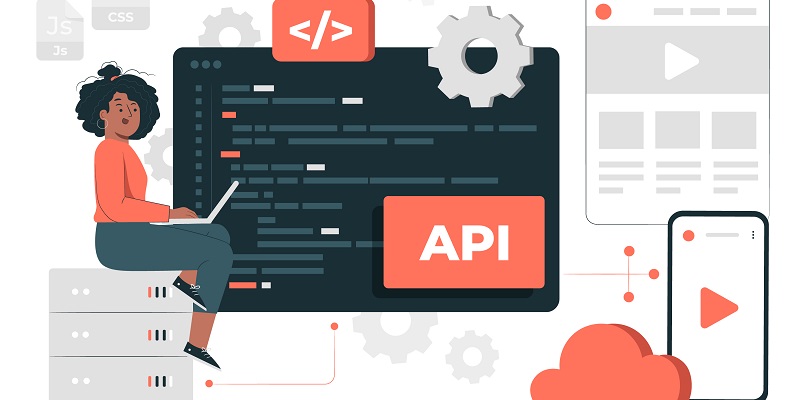API design plays a critical role in the success of software development projects. A well-designed API enables software systems to seamlessly integrate with one another and enhances the user experience. In this article, we’ll discuss the importance of API design, its impact on integration and user experience, defining API contracts, user-friendly API design, and API security.
Facilitating seamless integration and improving user experience
Well-designed APIs facilitate seamless integration between different software systems. This integration allows software systems to exchange data and information, which greatly enhances the functionality of each system. The integration also enhances the user experience by providing easy access to the necessary data.
APIs are a cornerstone of modern software development, and developers must ensure that they design APIs that are easy to integrate with other systems. Properly designed APIs facilitate seamless integration, which is critical for the success of modern software systems.
Defining the API contract
One of the most critical aspects of API design is defining the API contract. This contract is a formal agreement between the API provider and the API consumer that defines how they will interact with each other. The API contract should be designed to be easy to understand and use for developers, and it should provide a clear understanding of what the API offers.
When defining the API contract, developers must identify the key capabilities of the API, the data formats that it supports, and the rules for using the API. The API contract should also define the error messages that the API returns in different circumstances.
User-friendly API design
The primary goal of any API should be to provide a simple and easy-to-use interface. The API should enable developers to access the required data easily and provide a positive user experience. To achieve a user-friendly API design, developers must focus on the needs of the end-users.
Developers must ensure that the API is easy to understand and use for other developers. Simplifying the API design and prioritizing user needs will enable developers to create a streamlined and simple API that meets the needs of end-users.
API security
APIs are commonly used to interface between software systems, especially when sensitive data needs to be transferred. Developers have a responsibility to ensure that APIs are secure, and that sensitive data is protected.
To prevent such situations, developers must prioritize security when designing their APIs. This includes implementing authentication and authorization protocols to ensure that data is transmitted securely and only accessed by authorized users. Moreover, developers must focus on detecting and protecting against security threats.
In conclusion, API design plays a critical role in the success of software development projects. Developers must prioritize API design, security, and user experience to ensure that their APIs are effective. By defining well-defined API contracts, simplifying the API design, and prioritizing security, developers can provide a positive user experience for all. Modern software systems depend on APIs, and it is crucial for developers to prioritize well-designed APIs to ensure the success of their projects.

